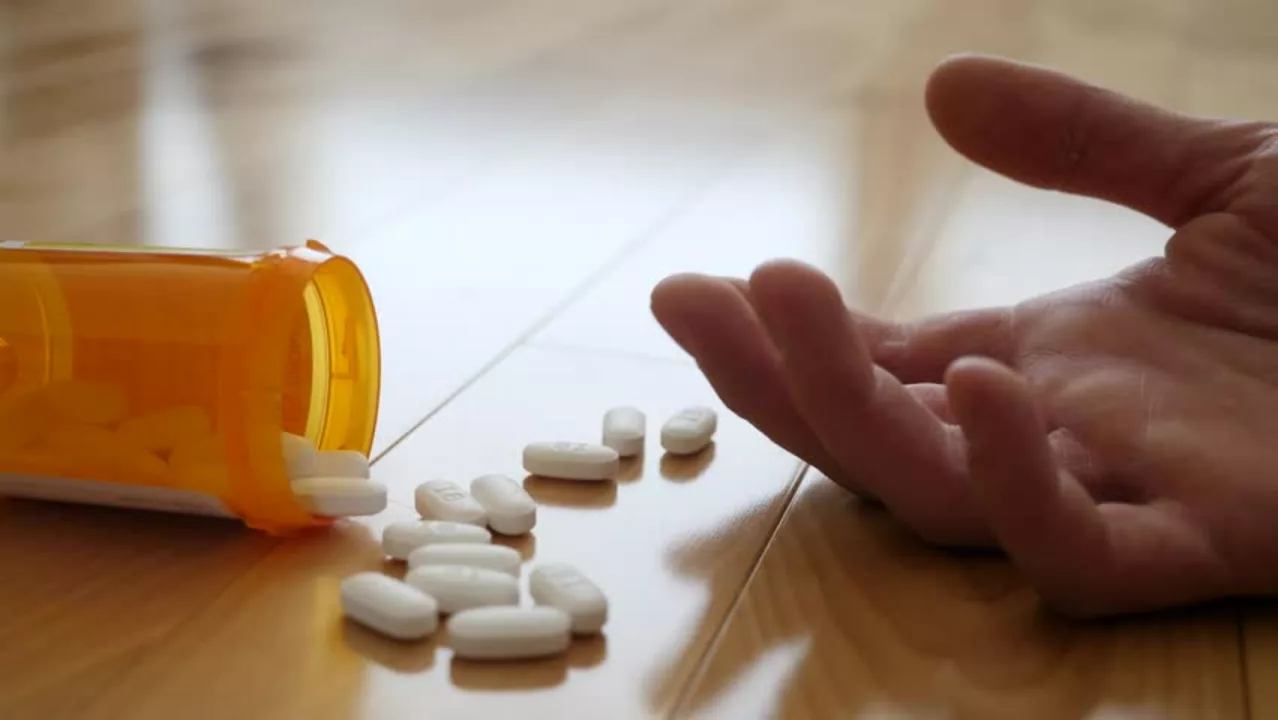Overdose: How to Spot It, React Fast, and Stay Safe
If you or someone you know starts feeling dizzy, confused, or has trouble breathing after taking a medication, it could be an overdose. An overdose happens when the body gets more of a drug than it can handle, and the effects can turn dangerous in minutes. Knowing the red‑flag symptoms and what to do right away can mean the difference between a quick recovery and a life‑threatening situation.
Common Signs You Can’t Ignore
Overdose symptoms vary by drug, but most share a few tell‑tale signs. Look for extreme drowsiness or loss of consciousness, rapid or shallow breathing, chest pain, and uncontrolled shaking. Some people turn pale, start vomiting, or have a pounding heart that won’t settle. If you notice slurred speech, blurred vision, or seizures, treat those as emergency alerts.
Remember, not every symptom means an overdose, but when they appear together after taking a new prescription, supplement, or even an over‑the‑counter painkiller, it’s safest to act like it is.
What To Do Right Now
The first rule is: don’t wait. Call your local emergency number (112 in the UK) as soon as you suspect an overdose. While waiting for help, try to keep the person awake and breathing. If they’re unconscious but still breathing, place them on their side – this helps prevent choking if they vomit.
If the drug was taken orally and you’re sure it’s safe, you can give a small amount of water to dilute it, but never force anything down the throat. Do not induce vomiting unless a poison‑control specialist tells you to; doing so can cause more damage, especially with corrosive substances.
If you have access to activated charcoal and know how to use it, that can absorb some drugs in the stomach. However, this is only useful within an hour of ingestion and should be done under medical guidance.
Gather any medication bottles, dosage instructions, or packaging you have on hand. This information helps doctors identify the exact substance and decide on the right antidote or treatment plan.
Preventing Future Overdoses
Most overdoses happen because of simple mistakes: taking too much, mixing drugs that interact badly, or not following a prescription label. Always double‑check the dose before you swallow a pill. Use a pill organizer or set reminders on your phone to avoid accidental repeats.
If you’re prescribed several meds, ask your pharmacist or doctor how they might affect each other. Some painkillers combined with alcohol can quickly push you into overdose territory, even if each alone seems safe.
Keep all medicines out of reach of kids and pets – a tiny amount can be lethal to them. Store pills in their original containers so the label stays attached, making it easier to track what you’re taking.
If you ever feel unsure about a dose or notice side effects that seem too strong, call your pharmacy before taking another pill. A quick check can stop an overdose before it starts.
Lastly, if you’ve struggled with misuse in the past, reach out for support. Many charities and health services offer confidential advice and help you manage medication safely.
Overdose isn’t something you have to face alone. Knowing the signs, acting fast, and keeping a clear plan can protect you and your loved ones. Stay alert, follow instructions, and don’t hesitate to ask for professional help when needed.
As someone who's researched Azathioprine overdose and toxicity, I can tell you that it's essential to be cautious with this medication. Azathioprine is an immunosuppressive drug often prescribed to treat autoimmune diseases and prevent organ transplant rejection. However, taking too much can lead to severe side effects like bone marrow suppression, liver damage, and even life-threatening infections. To avoid these risks, it's crucial to follow your doctor's dosage recommendations and monitor any side effects closely. If you suspect an overdose, seek immediate medical attention to prevent severe complications.

